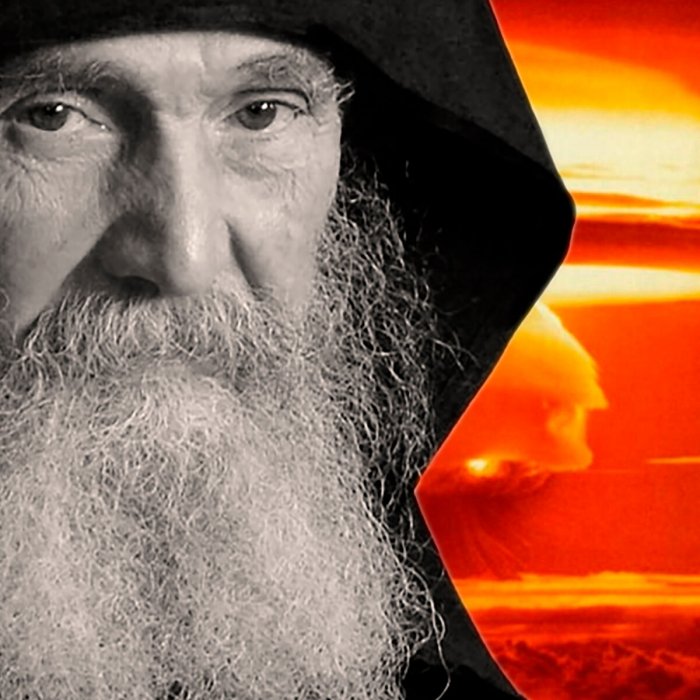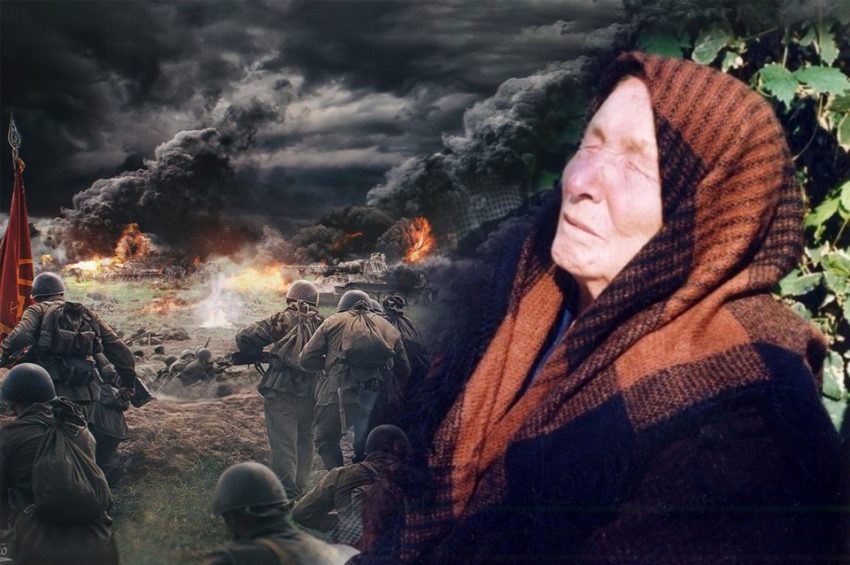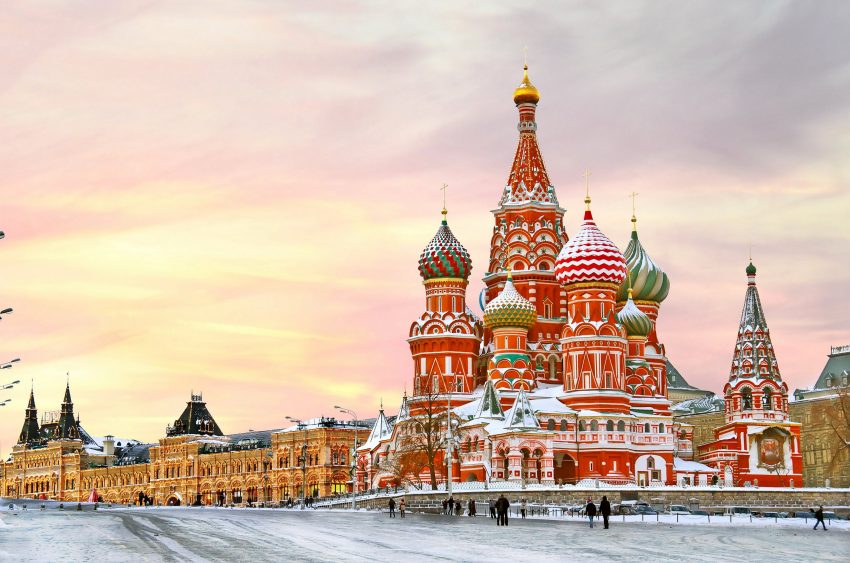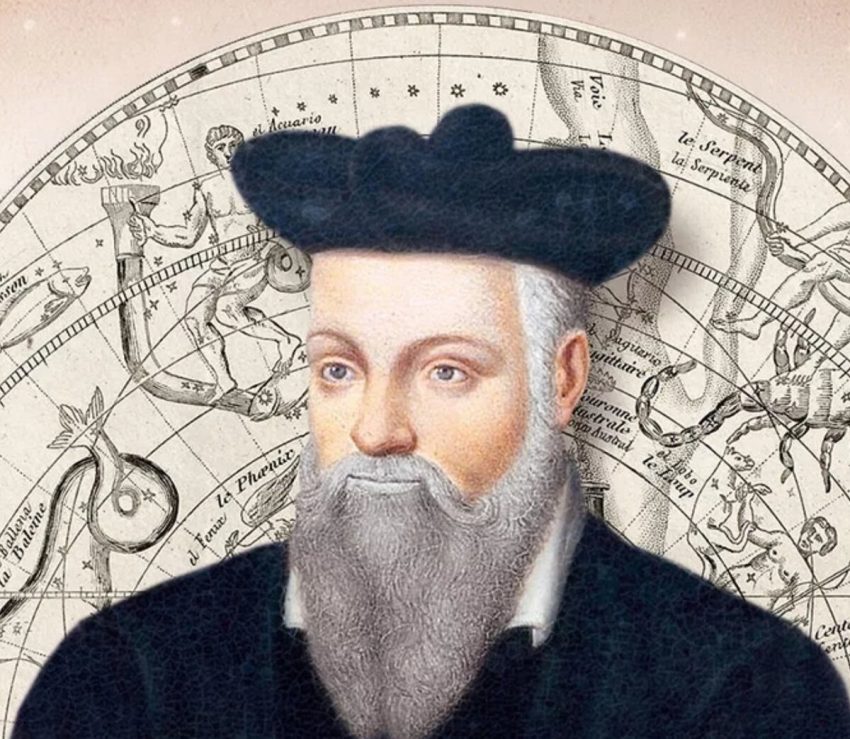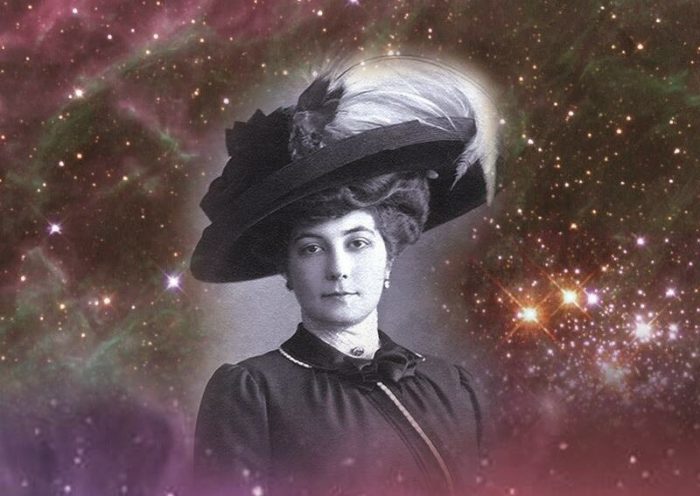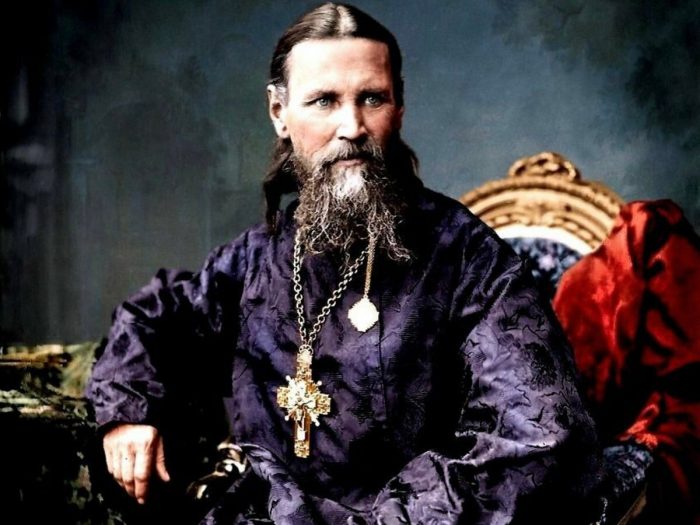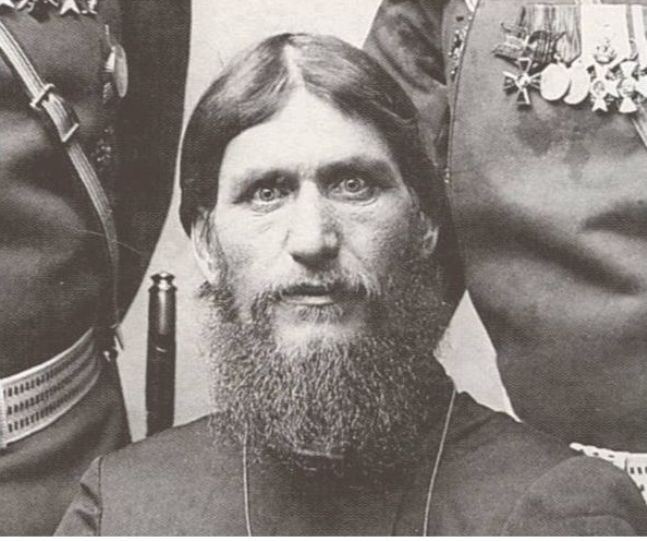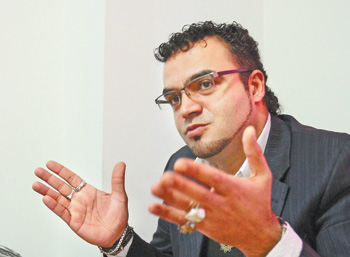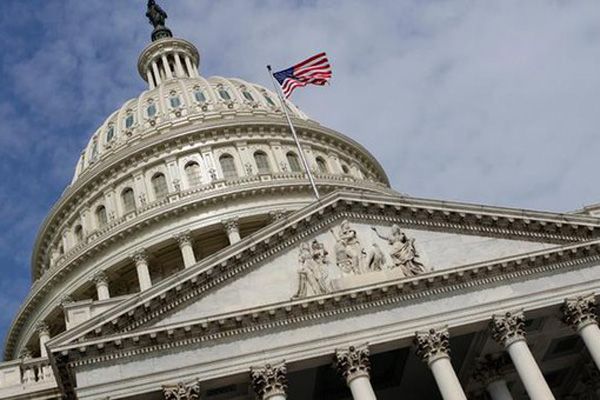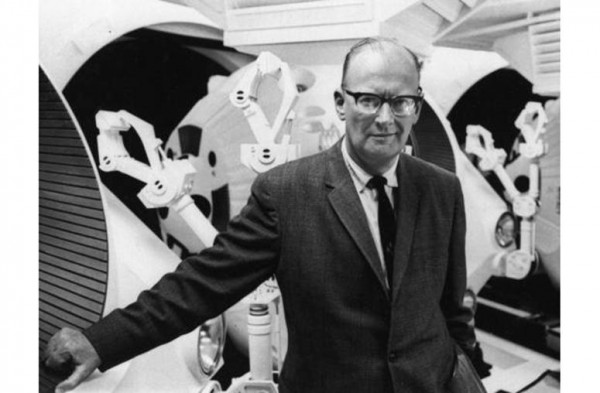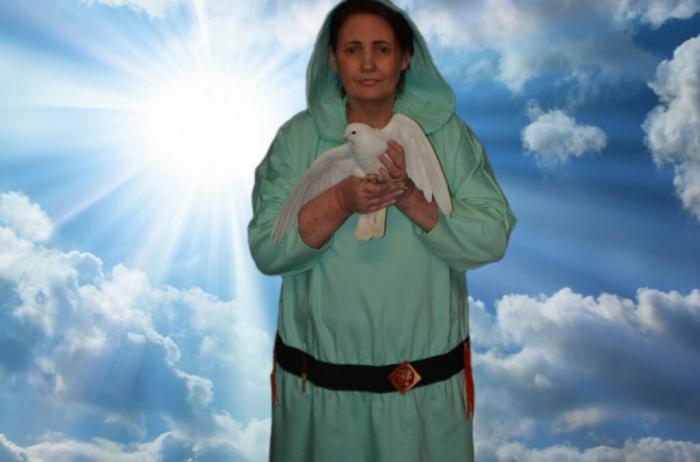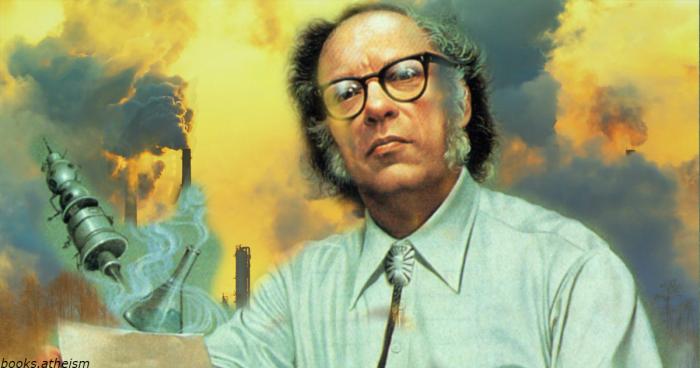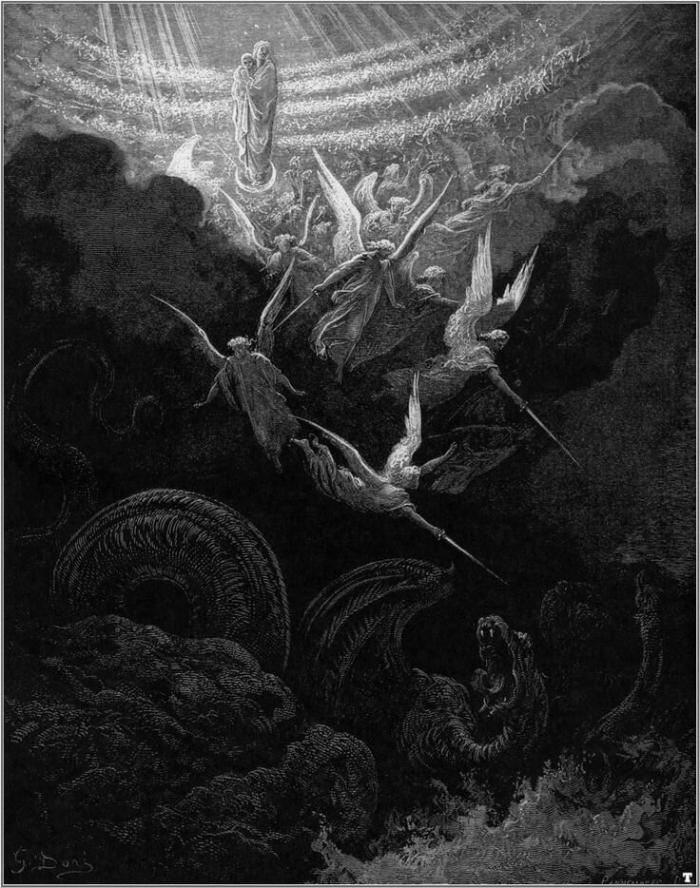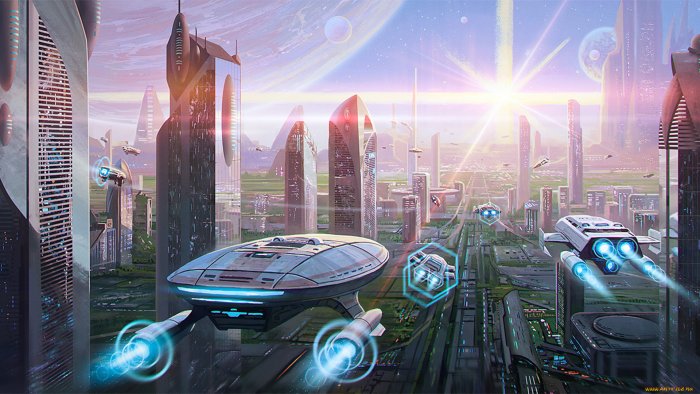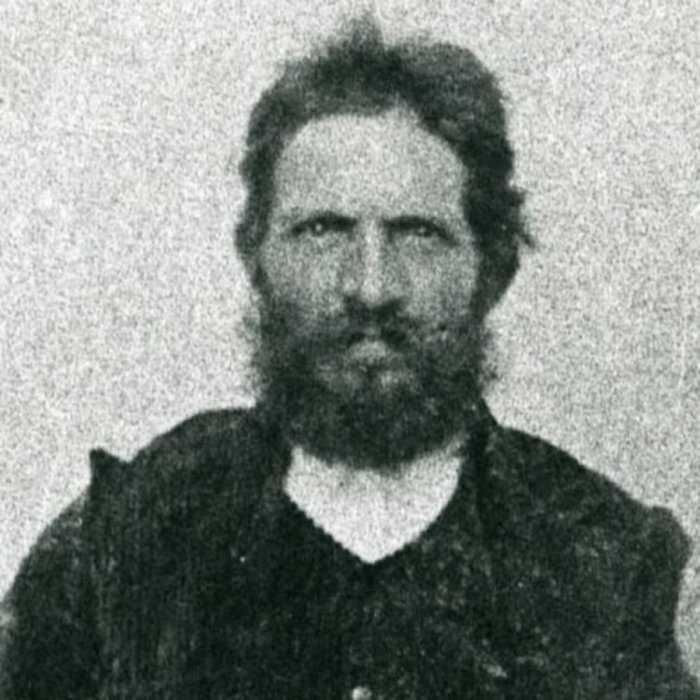What future of Russia was predicted by the Russian scientist Dmitry Mendeleev
The great Russian chemist, discoverer of the periodic law of chemical elements Dmitry Ivanovich Mendeleev was also a prominent public figure, economist and sociologist. An important role in the modernization of Russia was played by his activities as the chief administrator of the Chamber of Measures and Weights and his speeches in favor of encouraging the developing Russian industry and attracting foreign capital to Russia for this purpose.
At the end of his life (1903-1907), Mendeleev wrote the work “Treasured Thoughts” and the first part of the large book he had conceived, “Toward the Knowledge of Russia.” In them, he comprehensively analyzed the demographic and economic situation of the Russian Empire, comparing it with the situation in other countries, and made a forecast for the future development of the whole world and Russia.
“Realism”
In the introduction to “Treasured Thoughts” Mendeleev sets out the foundations of his worldview. He calls himself a “realist” in contrast to idealists and materialists: “Idealists and materialists see the possibility of change only in revolutions, while realism recognizes that real changes occur only gradually, through evolutionary … For realism, all peoples are the same, only they are in different epochs of evolutionary change … I believe that our Russian people, occupying the geographical middle of the old mainland, is the best example of a people … with real ideas. This can already be seen in the attitude that is noticed in our people towards all others, in its livability with them, in its ability to absorb them in itself, and most of all in the fact that our entire history is an example of a combination of Asian and Western European concepts.
600 million Russians by 2000
An important place in Mendeleev’s analysis was occupied by demographic statistics. Considering that the 1.5% annual population growth of Russia that existed in his time would continue for quite a long time in the future, Mendeleev predicted that by the year 2000 the population of the Empire (this is within the borders of the future USSR plus most of Poland and Finland, but without Western Ukraine) will reach 594 million people. At the same time, Mendeleev also relied on data on the most industrialized countries at that time – the USA and Germany, where at that time almost the same natural increase was observed as in Russia. That is, there was no reason to assume that rapid industrialization and urbanization would lead to a drop in the birth rate. Mendeleev also did not foresee the possibility of different natural growth among different peoples of the Russian Empire and a priori believed that that the predominance of the East Slavic peoples will remain in Russia indefinitely. Mendeleev also did not foresee separatist movements.
Age of Industry
Mendeleev considered the development of industry to be the basis of national prosperity. Here, as in relation to science and education, as well as the activities of state bodies, he expressed not so much forecasts as recommendations. The most important of them, in relation to the economy, were the following:
- Tax, customs and other policies to ensure the priority development of industry over agriculture.
- The export of agricultural products, primarily grain, should be carried out only from the surplus, after sufficient saturation of the mass of its own population. At the same time, agricultural products, for the sake of their higher price, must be exported in a processed form (for example, not grain or even flour, but pasta and confectionery, bread vodka, etc.).
- On the contrary, industrial raw materials, such as oil, should be exported in their raw form.
- To promote the extensive mechanization of labor, especially in backward agriculture.
- It is necessary to attract foreign capital to the creation of industrial enterprises in Russia.
- In lending and tax policy, give incentives to the cooperative and artel sectors.
- To take the main taxes from excises on non-essential goods, from trade turnover, from inheritance and real estate (progressive taxes); income tax is harmful.
Mendeleev reasonably believed that in terms of the wealth of all kinds of ores and oil, Russia surpasses any country in the world. He accurately pointed to the places of promising production of coal, iron, oil, etc., which then began to be developed already in Soviet times.
Science and education are the engines of progress
Mendeleev considered science and education to be important factors in industrial development. He wrote about his contemporary shortcomings in this area: they don’t know how to write properly. And higher educational institutions train such practical workers, who are especially needed at the present time in Russia, who often do not like their job, poorly understand Russian local needs and are not able to study them on their own and intelligently adapt to them. He hoped that this situation would be corrected, but, as we see, for more than a hundred years nothing has changed here.
Unfounded optimism
The political sphere was outside the scope of Mendeleev’s analysis, with the exception of recommendations on the best form of government. He believed that the monarchy is the best government for Russia, imbued with concern for the people’s welfare, and with the establishment of the State Duma, scope opens up for the solidarity work of the government and society in the development of the country. His advice concerns only partial improvements.
Mendeleev’s “realism” led him to the conviction that Russian society and the state would choose optimal solutions that would contribute to the future development of Russia and fit into the general line of the rapid progress of mankind, which clearly emerged at the end of the 19th century. Both of these books by Mendeleev are imbued with optimism, faith in a peaceful, evolutionary transformation not only of Russia, but of the whole world. Mendeleev was sure that “the governments of the largest states of the whole world will come to the realization of the need to be strong and agree with each other enough to suppress all wars, revolutions and utopian undertakings of anarchists, communists and all sorts of other “Big Fists” who do not understand the progressive evolution that is taking place. in all mankind.” Mendeleev did not foresee not only the revolution (although the revolution of 1905 took place before his eyes, when he wrote the works mentioned; but he considered it a single surge, which is impossible in the future), but also a world war. He believed in the rationality of governments and humanity.


